Rocky Balboa is one of my favourite films, and one of the most inspirational pieces of cinema art I have ever seen.
It is more than merely fiction: it is an allegory of the impact of Gospel values on us and those around us when we try to live those values. There are many themes running through this film, so many that every time I watch it something I hadn’t noticed before becomes apparent. There is the pain of compassion; how others are built up when we exercise respect towards them; a certain dignity conferred by work that is not totally fixed to wages, but also the temptation to use work as a camouflage to hide our humanity; and the assertion – controversial amid the presumptions of many modern film-makers – that a man and a woman can love each other chastely.
Sylvester Stallone wrote, directed and played the leading role in Rocky Balboa, because he felt that Rocky V, which shows Rocky having lost almost everything and regaining his dignity by winning a street fight, did not leave viewers with the fullness of the message that he felt the Rocky character still held for the world.
Although Rocky Balboa is technically “Rocky VI”, it is if anything a sequel to the original Rocky film of 1976, as Stallone admits that Rocky fell prey to the "time of excess" that some sectors of society experienced in the 1980’s. Even so, all the films are about a boxer called Rocky – the "Italian Stallion" – and the people around him. They are mainly from a run-down area of Philadelphia and do not always have the skills to verbalise the complexities of their dreams, hopes and fears for themselves and each other, but show how they feel through the way that they live. When Rocky decides to engage with life in the way that he knows best – by fighting – everybody involved comes through the process changed: lover, managers, friends, opponents and not least Rocky himself.
Sylvester Stallone dictated the first script of Rocky to his wife then had the poor woman help him revise it no less than 19 times until it said what he wanted it to say. Rocky was made on a shoestring budget, but even so Stallone and his producer John G Avildsen remortgaged their homes to finish it, such was their faith in the power of the message that Rocky’s character has for the world.
Rocky is presented to us in the first film as an individual who is passionate about boxing, but who never got the breaks to turn professional. We learn that as a teenager he asked for help from the now-septuagenarian manager of the local gym, Mickey (played by Burgess Meredith). Mickey had many problems resulting from years of severe beatings in poorly-refereed boxing matches, one of which was a hearing deficit. He never heard Rocky’s cry. Rocky ended up as an enforcer for a loanshark. But his compassionate nature is revealed early on when he refuses to carry out his orders to break a defaulting labourer’s thumb, justifying this to the shark by explaining that the man wouldn’t be able to do his job with a broken thumb and would be unable to repay anything at all.
Rocky is persistent in his pursuit of Adrian, an assistant in a pet-shop who was told repeatedly by her mother that she’d have to develop her brain because her body was ugly. She lives with her abusive, alcoholic brother Paulie, whom she only finds the strength to leave once she understands that somebody – Rocky – loves her. As the first film progresses, the inner woman breaks through the carapace accrued over three decades of discouragement, put-downs and emotional abuse. As she realises she is loved, she allows herself to become beautiful. A tender, hesitant love-story runs through the film, but it is only in the final scene, when Rocky stands battered and bleeding in the ring after lasting 15 rounds with the reigning World Heavyweight Champion, that they feel confident enough to say “I love you” to each other.
As Rocky Balboa opens, we find Rocky, now in his 50’s, doing the "anniversary tour" of places associated with Adrian, who died of cancer some years previously. His brother-in-law is increasingly uncomfortable with this due to problems with his guilt regarding how he treated his sister, and eventually accuses Rocky of "living life backwards", adding that "yesterday wasn’t so good." Choked, Rocky replies "it was to me!"
Rocky’s life is, if not lived backwards, then certainly anchored firmly in his past – he now owns a restaurant, called Adrian’s, where he entertains regulars with stories of his victories that they know by heart and even finish for him. However, tonight, on his anniversary tour, he drops into a bar he used to frequent and finds that the barmaid is somebody he first met when she was 13 and he was still a loanshark’s thug. He warned the girl – "little Marie" – that she risked getting a name as a "whore". She was not appreciative of his solicitousness.
As Rocky’s relationship with the now-grown "little Marie" (played by the Irish actress Geraldine Hughes speaking in a flawless Philly accent), as he still calls her, flowers, they find themselves drawn into each other’s worlds. Marie, abandoned, is lonely, and Rocky is a passionate advocate of engaging life by punching above one’s weight. At one point, when Rocky replaces a long-broken light outside Marie’s door, she questions his motives by stating that he doesn’t owe her and her teenage son anything; Rocky replies, in a neat rephrasing of Jesus’ instruction that "Freely you have received, freely give" – "Why you gotta owe somethin’ to get somethin’?" He later taunts Marie over her pessimism about her abilities when she declines a front-of-house job at his restaurant, feeling she’s not good enough – "Who put this stuff in your head? ‘Cos it didn’t get in there by itself!"
There is only minimal physical contact between Rocky and Marie, but one is left with their impression that their relationship is a loving one, that does not in any sense abrogate Rocky’s relationship with Adrian who, although painfully absent physically, is nevertheless present to Rocky every moment of his life. We cannot see the contents of somebody’s heart or mind on the screen, so the change within Marie is again represented by her physical change – hair becomes washed and brushed, clothes are fresh, there is more eye-contact. It should be noted, however, that these changes may indeed be visible when somebody goes through the process of realising that they are valued and loved. As Donne says, "no man is an island" – we are relational creatures, building up or knocking down others as we have experienced being built up or knocked down. Rocky is a builder.
Robert Jr is Rocky’s son. He has got a good job because of his father’s name, but finds himself unable to move forward because the strict hierarchical structure of his company offends his nature. He wants to make his own mark in the world, but feels held down by his colleagues’ expectations that he, weedy as he is, should have the heart of a fighter like his father. When Rocky starts hankering to re-enter the ring, Robert is mortified, telling his father that he’d just started to make his own way in the world when suddenly Rocky was overshadowing him again. Rocky tells his son that he’ll love him whatever happens, but that he is disappointed in him. He says to Robert, comparing life to boxing, in the key speech of the film:
It’s not about how hard you can hit; it’s about how hard you can get hit, and keep goin’. How hard you can get hit, and keep movin’ forward. That’s how winnin’ is done!Robert eventually approaches Rocky in his daily activity of visiting Adrian’s grave and leaving red roses. He has left his job, and now the road is clear for Rocky to do what he does best – as Marie says to him, "fighters fight".
Rocky takes a mighty beating during the subsequent match against Mason "the Line" Dixon, played by real-life light heavyweight champion Antonio Tarver. During a delirious period he sees Mickey, and also Adrian. He is floored, and it looks like that’s that. But he replays his speech to Robert in his head, applying it to himself and slowly, painfully, hauls himself up; his pain is mirrored in Marie’s expression as she calls his name with the crowd, having presented him with a picture of his wife the night before to wish him luck and shared a chaste kiss.
Although Rocky receives a sound beating, the fight is a close call, so much so that he loses not on his performance but on a split judge’s decision. As he leaves the arena, the crowd indicates that the moral victory is his. Whereas before he pointed to his trainer as the source of his inspiration, he now indicates its true source by pointing upwards.
The film ends with Rocky placing roses on Adrian’s grave, telling her "we did it". He walks away, turns to wave and, in classic cinematic fashion, disappears from view. I am reminded of 2 Timothy 4:6-7: "the time has come for my departure. I have fought the good fight, I have finished the race, I have kept the faith."

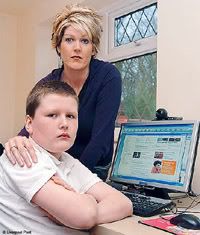 ple, some years ago, a chap in the north of England wrote a letter to a local newspaper saying that in his opinion homosexuality was not a morally justifiable lifestyle - two policemen came to his house and interrogated him on what his morals were. (An acquaintance of mine with a gay son agreed that this was egregious.) Compare the case of
ple, some years ago, a chap in the north of England wrote a letter to a local newspaper saying that in his opinion homosexuality was not a morally justifiable lifestyle - two policemen came to his house and interrogated him on what his morals were. (An acquaintance of mine with a gay son agreed that this was egregious.) Compare the case of 
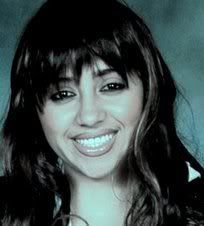 te
te
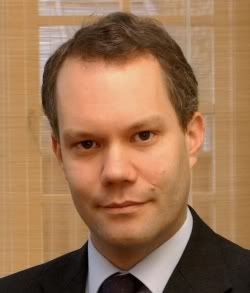
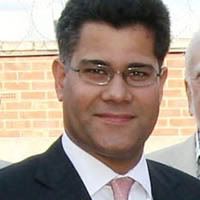


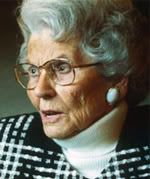 tehouse, I think, realised the same thing when she complained bitterly about an episode of Johnny Speight's hit 1960's comedy Till Death do us part (remade in the US as
tehouse, I think, realised the same thing when she complained bitterly about an episode of Johnny Speight's hit 1960's comedy Till Death do us part (remade in the US as 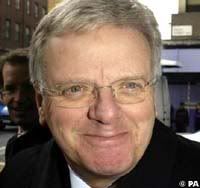 se it would be conduct unbecoming of a guest. The same point was made by Sir Michael Grade, Executive Chairman of ITV and former Chairman of the Board of Governors of the BBC. Apparently having recovered from his stint as
se it would be conduct unbecoming of a guest. The same point was made by Sir Michael Grade, Executive Chairman of ITV and former Chairman of the Board of Governors of the BBC. Apparently having recovered from his stint as 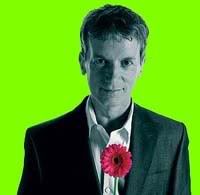 er, who is experimenting with reducing the swearing on his stand-up show and finding that people appreciate the comedy just as much, was investigating the terrestrial British channels' attitude to swearing. It came across as a worthy effort, but the one thing Skinner didn't seem to realise was that "the industry" doesn't have a problem with swearing and general sociopathic behaviour. The BBC does.
er, who is experimenting with reducing the swearing on his stand-up show and finding that people appreciate the comedy just as much, was investigating the terrestrial British channels' attitude to swearing. It came across as a worthy effort, but the one thing Skinner didn't seem to realise was that "the industry" doesn't have a problem with swearing and general sociopathic behaviour. The BBC does. hie Bunker character, reflected on a note that he was given to "make the show a bit edgier" that he said "came from the very top" of the Corporation; this was denied, in what I reckoned to be a rehabilitation exercise for the BBC, in trying to posit a "crisis" existing outside its own walls.
hie Bunker character, reflected on a note that he was given to "make the show a bit edgier" that he said "came from the very top" of the Corporation; this was denied, in what I reckoned to be a rehabilitation exercise for the BBC, in trying to posit a "crisis" existing outside its own walls.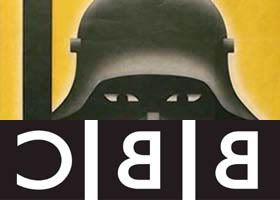
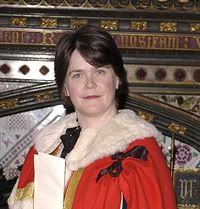 er local authorities and other public agencies are able to effectively discharge their duties and responsibilities for safeguarding and ensuring a suitable education for all children [and] consider what evidence there is to support claims that home education could be used as a 'cover' for child abuse such as neglect, forced marriage, sexual exploitation or domestic servitude.
er local authorities and other public agencies are able to effectively discharge their duties and responsibilities for safeguarding and ensuring a suitable education for all children [and] consider what evidence there is to support claims that home education could be used as a 'cover' for child abuse such as neglect, forced marriage, sexual exploitation or domestic servitude.

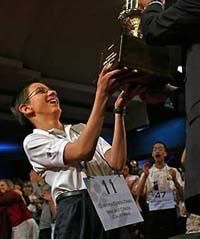
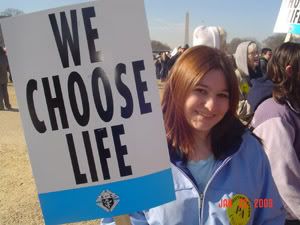

 The economic downturn is making itself felt in the Draughty Old Fen, with people who have never been unemployed in their lives finding themselves without a job, some of these even looking abroad for jobs. Speaking as somebody who
The economic downturn is making itself felt in the Draughty Old Fen, with people who have never been unemployed in their lives finding themselves without a job, some of these even looking abroad for jobs. Speaking as somebody who 
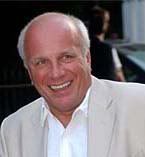 insulting or abusive. Certainly the reaction in this country to a friendly gibe made in an Army environment doesn't bear any resemblance to the "British tolerance" which Gordon Brown assured the Indian people of when he visited to the sound of riots over the
insulting or abusive. Certainly the reaction in this country to a friendly gibe made in an Army environment doesn't bear any resemblance to the "British tolerance" which Gordon Brown assured the Indian people of when he visited to the sound of riots over the 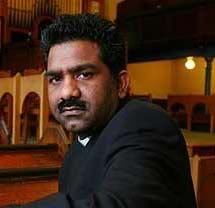 uote the above because of another story involving somebody born in Pakistan that broke on Sunday - and in my home town - showing that people from that country can definitely be genuine victims of discrimination. Reverend Mahboob Masih of
uote the above because of another story involving somebody born in Pakistan that broke on Sunday - and in my home town - showing that people from that country can definitely be genuine victims of discrimination. Reverend Mahboob Masih of  tempted to show how downtrodden Muslims were in Britain by stating that it was unacceptable to insult
tempted to show how downtrodden Muslims were in Britain by stating that it was unacceptable to insult 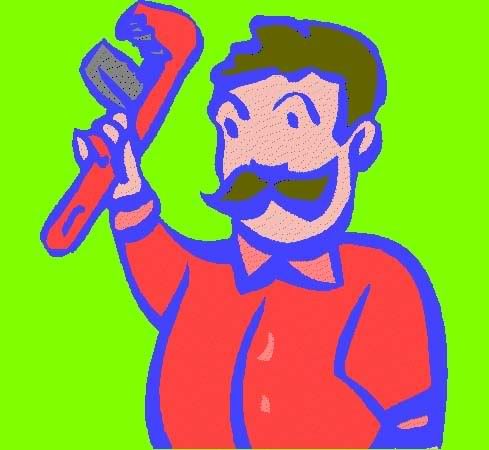

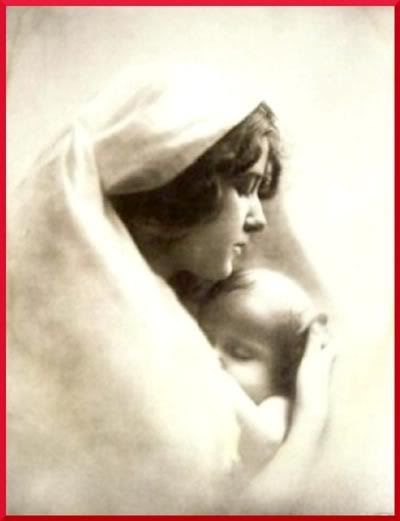
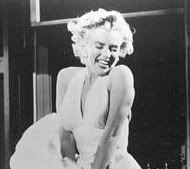 ght, but at least she gained two pieces of wisdom: firstly, that the urge to slim down is more due to peer-pressure than to any desire to become attractive in any sense, and secondly - a stunning insight into the male psyche - "men seem to like curves". She's not wrong - a dress of the most famous female sex symbol ever, Marylin Monroe, was auctioned and found to be a size 16.
ght, but at least she gained two pieces of wisdom: firstly, that the urge to slim down is more due to peer-pressure than to any desire to become attractive in any sense, and secondly - a stunning insight into the male psyche - "men seem to like curves". She's not wrong - a dress of the most famous female sex symbol ever, Marylin Monroe, was auctioned and found to be a size 16.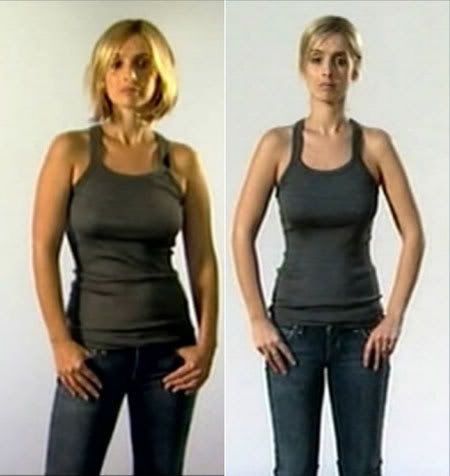
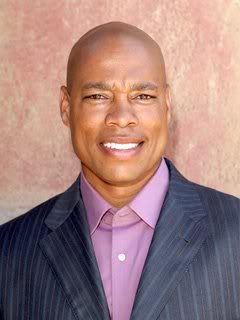
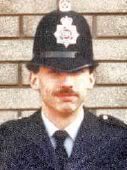 Detective Constable Stephen Oake was a brave man. On an operation to arrest a relatively lowly Al-Qaeda associate, he was faced instead with failed asylum-seeker Kamel Bourgass, whom the Telegraph's Nigel Bunyan
Detective Constable Stephen Oake was a brave man. On an operation to arrest a relatively lowly Al-Qaeda associate, he was faced instead with failed asylum-seeker Kamel Bourgass, whom the Telegraph's Nigel Bunyan 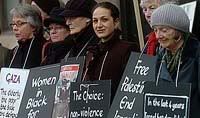

 Both Maxima and I are hoarders. She's not as bad as me - my hoarding habit is attributable to Adolf Hitler. During much of the Second World War, my Mum was bedridden with an illness, and, I suppose, was spoilt somewhat, with many of her family's ration-coupons for sweets making their way to her. Unfortunately, when she recovered somewhat, peacetime rationing was still in place, and she learnt the widespread habit of hoarding which she eventually passed on to me. The inconveniences my hoarding has caused our family would never have occurred if the Bavarian Farmers' League had carried the vote in 1933.
Both Maxima and I are hoarders. She's not as bad as me - my hoarding habit is attributable to Adolf Hitler. During much of the Second World War, my Mum was bedridden with an illness, and, I suppose, was spoilt somewhat, with many of her family's ration-coupons for sweets making their way to her. Unfortunately, when she recovered somewhat, peacetime rationing was still in place, and she learnt the widespread habit of hoarding which she eventually passed on to me. The inconveniences my hoarding has caused our family would never have occurred if the Bavarian Farmers' League had carried the vote in 1933.









